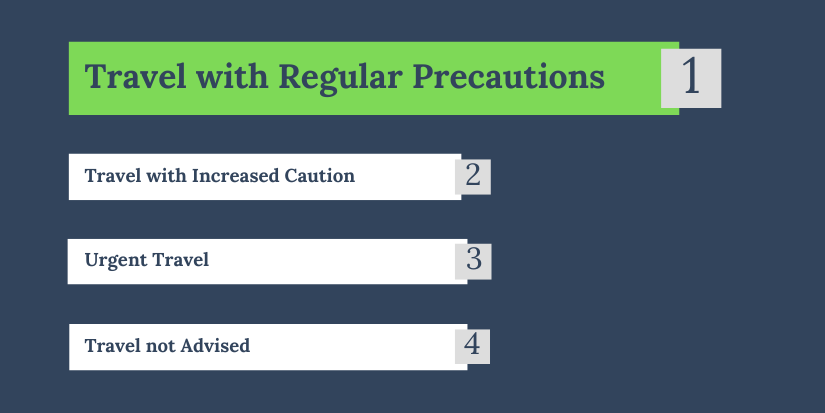
VISA REGIME
For holders of national passports and other travel documents: Visa is not required for stays up to 30 days
For holders of diplomatic and official passports: Visa is not required for stays up to 30 days
ENTERING AND LEAVING THE COUNTRY
The permitted period of stay of foreigners in Kazakhstan is 3 months during each six-month period.
Foreigners without a visa will be able to legally stay in the country for 30 days, and a total of up to 90 days during one calendar period of 180 days.
A foreigner who does not have a legal basis for staying in Kazakhstan will be able to cross the border again only after the 180-day calendar period has expired.
The so-called „visa run“, which allowed foreigners to stay on the territory of Kazakhstan for 30, 90 days, after which they leave the country and immediately cross the border again, thus renewing the period of legal stay, was abolished.
The restrictions do not apply to foreigners who have arrived in Kazakhstan with a visa, as well as to those who have been issued a temporary residence permit.
SOCIAL SECURITY AGREEMENT
No social security agreement has been concluded.
USEFUL INFORMATION
HEALTH SITUATION – The Republic of Kazakhstan invests a lot in health care and health centers in major cities are modernly equipped, and the medical service is well organized.
Tap water is not consumed, but only bottled or filtered. In the country, great attention is paid to the prevention of smoking, so smoking is prohibited in all public institutions and most restaurants.
SECURITY SITUATION – The security situation in the country is stable, with occasional increased controls at border crossings.
TRANSPORT – During temporary stay in the Republic of Kazakhstan, can be used driving license R. of Serbia on the new form, provided that it meets the requirements of the Vienna Convention on Road Traffic (1968). You must have a certified translation of your driver's license in Russian or Kazakh.
The most reliable form of transport is air transport. During the winter, due to harsh weather conditions, particularly in the northern parts of the country, rail and road traffic could be disrupted for several days.
In addition, it is useful to install the YandexGo taxi application, which provides insight into the fixed amount of transportation costs.
OTHER INFORMATION – The national currency is the Kazakh tenge (KZT). The country has a developed network of banks and exchange offices which facilitates exchange of foreign currency for the local currency and vice versa. Money transfers to foreign countries is possible through Western Union. It is allowed to take 10,000 US dollars, in cash, out of the country. Daily budget for stay in Kazakhstan is approximately 50 US dollars or more, depending on the region, the standard of accommodation, the quality of food, and the method of travelling.
Contact information:
During your stay in the Republic of Kazakhstan, for consular assistance and protection you may contact the Embassy of the Republic of Serbia in Astana (Address: Sariarka 6, 010000 Astana), at the following telephone number: 00 7 71 72 99 00 27, and e-mail: amb.astana@mail.ru.
